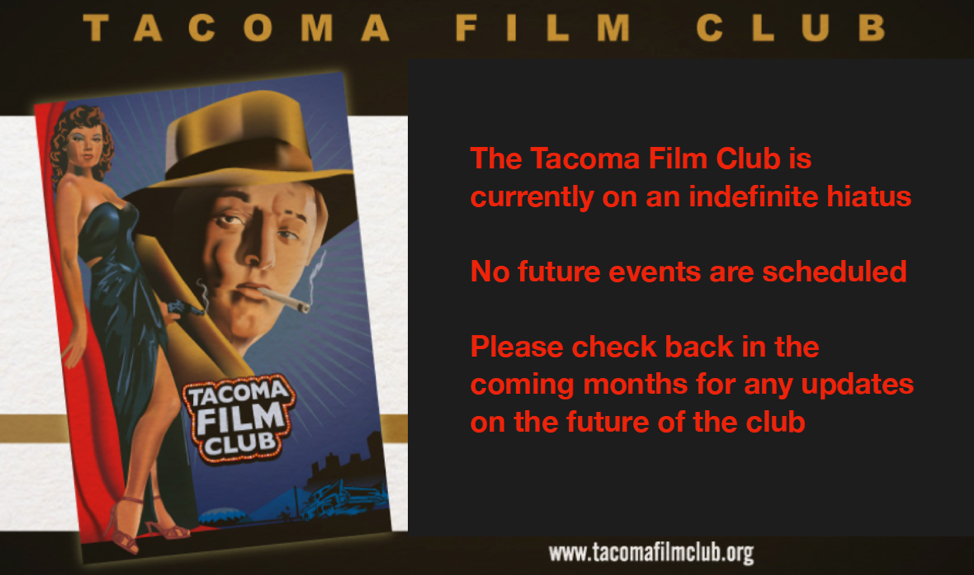Dream Girls has a moderately serious narrative theme that has to do with the difference between artistic talent and “packaging” of talent for commercial success. In a traditional “fall from grace” storyline, a group of talented black singers is able to achieve fame only after allowing themselves to be “packaged”. By two-thirds of the way through the movie, this narrative theme had made its point in such a powerful way that I felt like running out into the parking lot carrying signs that read: Highly packaged art is evil! Then I noticed that my foot was tapping to the rhythm of the music, highly packaged music playing out on the screen; music that was conveying, simultaneously, a narrative theme that packaged music is evil, and a musical experience that made me tap my feet. Yeeeks!
I have never seen the broadway musical that this film is based on, so I do not know how the issue of self-parody was handled in the original screenplay. However, it seems to me that the screenplay for this film is destined to failure. To the extent that you buy into the narrative theme, it is hard to enjoy the (packaged) musical you are watching. To the extent that you enjoy the musical, that very fact disrupts the power of the narrative theme.
On a side note, my wife Marilyn happened to notice that there is an entry in the Andy Warhol Diaries (Warner Books, 1989) dated January 27, 1983 in which Andy accompanies Diana Ross from New York to Atlantic city. The diary entry states: “And we talked about David Geffen. I told her she should really be friends with him again because he was in with that crowd, and she said that they had been really good friends, that he was so great to her when her mother had cancer. … So I said ‘Well, what happened?’ And she sort of said Dreamgirls, the musical that’s about the Supremes, but they don’t call them the Supremes. Geffin produced it. She said that at first she was going to sue but then she didn’t.”
This suggests a potentially much more powerful film to be made about Dreamgirls, a film in which the major narrative theme is betrayal.
Ron

Ron,
How do I start my own string (entry)? I like reading what people have been writing. It is good to see the site getting some attention again.
Ron:
Good points as always. The film had its dull spots and rough edges, and yet one emerges with a kind of vitality that only comes from a toe-tapping musical. It was odd as well that the film was half over before it became a “true” musical, versus a movie with musical numbers in it. On Broadway, you have the big musical numbers in such a production, and all the major attention and creativity goes into those numbers, the choreography, the music, the lighting and effects. The dialogue, called “the book” in a play that is a musical, is often minimalist –almost extraneous. In DREAMGIRLS we found ourselves in a straight forward narrative drama, that had partial musical numbers, and then half way through, we suddenly had the cast members “singing their lines”. Sometimes these musical numbers of exposition are not the big hits. I think on Broadway, or the road show, you get a lot more of the lines “sung”; in comparison to the movie RAY, which was a heavy drama that contained musical numbers juxtaposed to CHICAGO where 80% of the dialogue was worked into huge splashy musical numbers. Anyway, for me, Condon, the director, just could not make up his mind what kind of a movie he wanted to make. The big production Supremes-like numbers were fun to watch, but it was Jennifer Hudson’s solo numbers that brought on the shortness of breath and the wet cheeks.
The film is receiving so many awards and accolades, perhaps our critiques are superfilous, but the film would have been stronger, and more cohesive if it had been either a straight and serious drama about betrayal and the evils of the “music business”, or it had been a straight musical, where the plot was subservant to the music.
I liked Eddie Murphy in it, but Leonardo Di Caprio blew him away dramatically. I think the Golden Globe, and the SAG awards went astray. Jamie Foxx was as bland as corn meal mush in the movie. Beyonce’ did an excellent job as the Diana Ross clone. Danny Glover somehow never had much focus.
I think it was Susan G., who loves the Motown sound, pointed out that the musical numbers in the movie were not true Motown; they were a kind of odd hybrid; more Broadway than platter. I did not go away from the film with any particular ballad or number being hummed in my bathroom. It is hard to even separate them in my mind.
Glenn